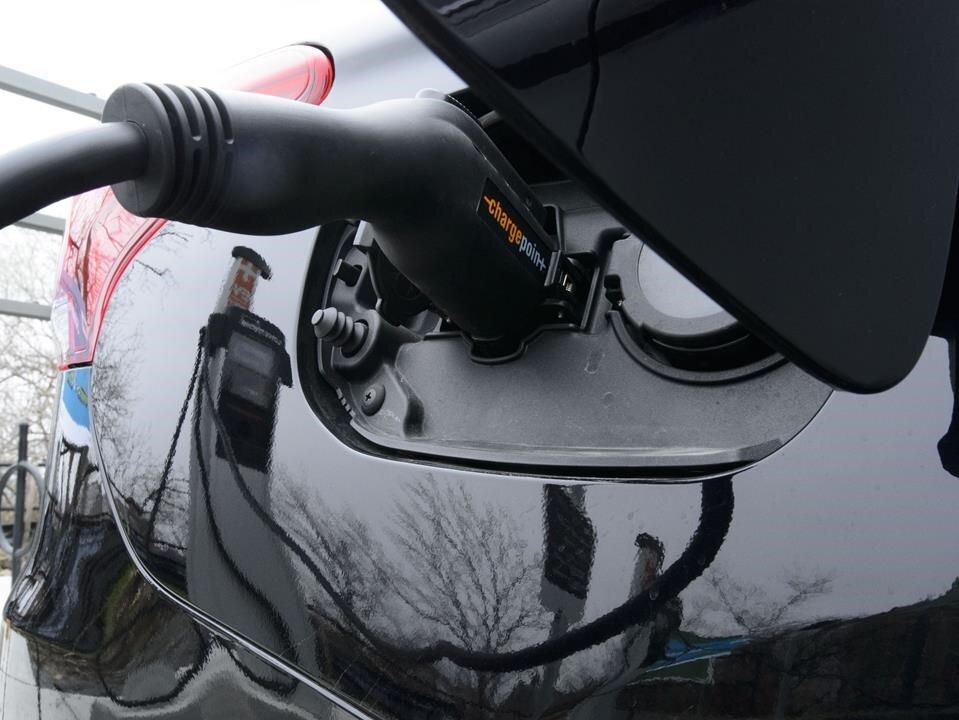A recent report from Canada’s Department of Natural Resources says it is still “too early” to fully evaluate the reliability of electric vehicles (EVs) in Canadian winters despite comprehensive research spanning six years at an investment of $76.1 million.
“It is too early to fully evaluate the intermediate and ultimate outcomes,” said the report titled “Evaluation Of The Electric Vehicle Infrastructure Demonstration Program,” which was first covered by Blacklock’s Reporter.





